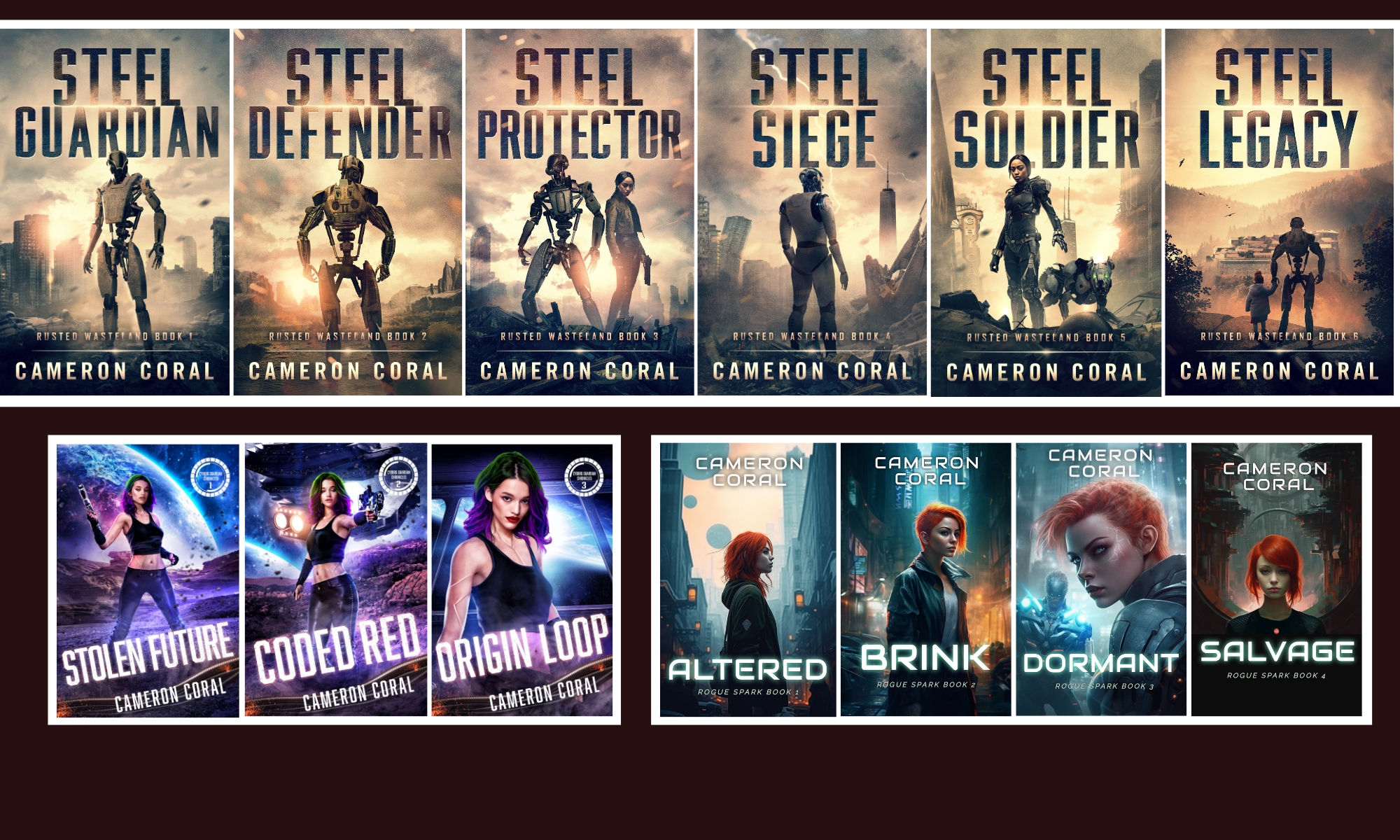Every year, I enter the NYC Midnight flash fiction story contest in which I have 48 hours to write a 1,000-word story.
How does it work?
There are four rounds. In July, you receive an email at 11:59 pm on a Friday night. The clock starts ticking, and you have 48 hours to write an original story.
But not just any story—you’re assigned a specific set of prompts:
1) Genre – the story style
2) Setting – a place where the majority of your story should take place.
3) Object – a random thing that must appear in your writing.
Participants are assigned into random groups, so there’s lots of variation in the prompts. Judges review the stories and award points. Everyone advances to Challenge #2, but only the top entries move on to compete in Challenges 3 and 4.
Last year, I wrote a fairy tale and an action story. This year, my first round prompt was:
1) Political Satire
2) Liquor store
3) A flip chart.
I’ve never written political satire! It was difficult to come up with ideas in such a short amount of time.
But I appreciated the challenge. My first draft ended up too dystopian!! It was grim. I was going for a Fahrenheit 451 vibe.
The story hardly qualified as political satire, so I rewrote it. My husband and parents served as hapless beta readers.
Draft number two was still too dark! I finally came up with a third and final draft, which I’ve shared below with you.
I’d love to know what you think. Please leave a comment below or email me: cameroncoralauthor@gmail.com
Thanks for reading!
**
The Verse
“Which window, again?”
“The left one,” Rik repeated over his shoulder as his daughter examined the poster containing the daily special: $20 off a case of Truth Enhancer wine. Ever since her implant, her short-term memory had shrunk to the size of a comma.
Inside the narrow supply closet, he grabbed the stepladder, then eyed the black duffel bag wedged high on the top shelf.
The pack contained his sleeping bag and enough supplies to last three days. A few times a year, he camped solo in Purgatory Chasm. The forest preserve was his refuge. Not a blasted wi-fi signal around for fifty miles.
Rik carried the ladder to the front of the store.
Janice rolled her eyes and climbed up to hang the poster. “I can’t believe you won’t switch to a digital display. Not FAIR!”
A bell chimed, startling Rik. “What’s that?”
Perched atop the ladder, Janice giggled. “Points I just earned for using one of the President’s snarkiest catchphrases.”
Rik watched as a cartoon smiling face floated down to him like a bubble. He swiped it away with his arm. “Your damn brain implant generates emoticons?
“Brain Enhancement. Don’t be such a hater.” Another bell sounded.
He sighed and scanned the empty parking lot outside. Damn the Versers. Since the election, he’d warned Janice against the “upgrade.” But she was stubborn and tried to convince him the Verser party wasn’t so extreme. He clung to the hope that maybe things wouldn’t be so bad.
The pundits had predicted mediocrity. Certainly, nobody had expected the newly elected administration to unveil a neuro-communications breakthrough, a new Internet they called the Verse.
Just a quick twenty-minute appointment was all it took for the government to insert its proprietary nano-chip into your occipital lobe. Then, presto! You were always ON. Never again would you miss a presidential chirp or a heartwarming video of kittens snuggling with tortoises.
After America’s favorite television health expert, Dr. Borgus, endorsed the program, people lined up in droves. The suicide rate dropped. Loneliness didn’t exist when your constant companion was the hum of millions of people tapped into your neural networks.
Janice stopped attending high school. Rik had been furious. “School is for losers,” she cried. “If I go, I’ll fall behind on all the latest snap-chirp videos!”
“What the heck is snap-twerp? Can’t you record it and watch later?”
“Dad! Recording? Videos disappear in eight minutes. Duh!” A frowning face suddenly floated in the air before him.
His customers had shaken their heads in amazement at the prospect of letting the government inside their heads. “Not us. No way!” But as the public grew swayed by the mounting celebrity endorsements, even his most skeptical customers succumbed.
Afterward, they came by the store and only spoke in soundbites and emojis.
“How ya doing, Bernard?” Rik asked one of his long-term patrons.
“Things are better than ever. The economy is ROARING. Wow!”
After similar exchanges, Rik avoided small talk. Instead, he grunted, rang up their purchases, and shuffled them out as quickly as possible. Their implants meant they only half-listened to his comments about the weather anyway.
He prayed for an alternative. But the only other party had flubbed the election, and their influence weakened every day since President West rose to power.
How could you win against a platform that promised seamless connectivity at the speed of thought? “A new frontier of innovation,” West declared during his victory speech. “And available for a low monthly payment plan. Chips for EVERYONE. Even illegals.”
Life had made sense. Janice would take over the shop one day. But he’d never predicted the sudden political change. Post-implant, his customers didn’t consume as much alcohol as before because they were occupied with making up snappy zingers. His business had practically been wiped out overnight.
Late afternoons, Rik used to share an Irish coffee with Mr. Jones who owned the dry cleaner next door. Post-election, both had expressed dismay at the state of affairs. But Jones got the chip a few days ago, and Rik didn’t join him outside on their shared sidewalk anymore, preferring to busy himself drawing new posters of the daily deals that decorated his storefront.
Janice had begged him to install flashy digital window displays. “These are all the rage. Businesses that have them double, even quadruple their sales. The signs are hooked into the Verse, so thousands of people see your specials instantly.”
But he preferred to illustrate his banners with magic marker on an old-fashioned flip chart. ‘Keep it simple, stupid,’ had been his motto since opening twenty-five years ago. Now stupid seemed to surround him.
Janice descended the ladder, and he surveyed her work. “Good job, pumpkin.”
“Ugh. Paper. It’s like the stone age.” A blank look crossed her features, and she tilted her head as if listening.
“Janice?” Her vacant stare persisted. A bored look, common among teenagers, their attention stolen by screens. Rik waved a hand in front of her face before she came to and met his gaze.
“You okay?” he asked before trotting behind the counter and wiping it with a rag. He yearned for simpler times–before implants tapped into a person’s brain, distilling every thought into pictures and soundbites.
She opened her mouth as if to speak, but a croak emerged. Her eyes widened, and she snapped her mouth shut.
“Honey?
She nodded and pretended to zip her lips together. Then she pointed at a string of floating emoticons.
Rik squinted at the shimmering icons: An eye, a heart, and a finger pointed at him.
“I should have taken you away from here. Canada,” he said, pouring himself a whiskey.
She blinked and flashed him a poop emoji.
“So long, baby girl,” Rik kissed her forehead.
He swigged his drink, feeling its warmth swell in his chest before collecting the camping pack from the closet and stepping out the back door.


This is a fantastic story. I love your writing style. I love the way you designed and built this story; how it was high concept without straying from the kind of moment-to-moment perspective that makes a story feel personal and intimate. I also love the way you reveal information. You don’t write in broad sweeps, so it doesn’t come across as vague or overly general. You’ve managed to communicate the precise details that make the story real and close up while framing the story in a way that suggests a larger context. I’ve been conducting research into dystopian flash fiction and your story was the 9th result on Google. I loved it more than the first 8 results. Kudos!
Amber,
Thank you so much for checking out my flash fiction. I’m thrilled that you enjoyed reading it.
I hadn’t looked at this story in ages, and it was fun to experience it again.
Your kind words helped turn my day around. THANK YOU!
Cameron
I love your story. I teach 7th grade English in LA. We are reading “The Hunger Games” and I want to discuss Dystopian Lit. Your story would be perfect for a class reading. The idea of being linked into social media, which is controlled by a government is a concept about which the students could have higher level conversations. We could link it to the idea of propaganda and the manipulation of the populous through media in “The Hunger Games”.
Hi Jennipher,
Thank you so much for your kind words about the story!! I’m thrilled you like it and are thinking about a class reading. Books were my refuge when I was growing up and stories offered an escape. I’m honored. Thank you for the work you do!